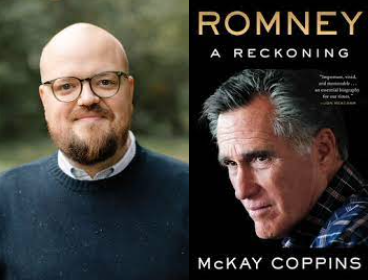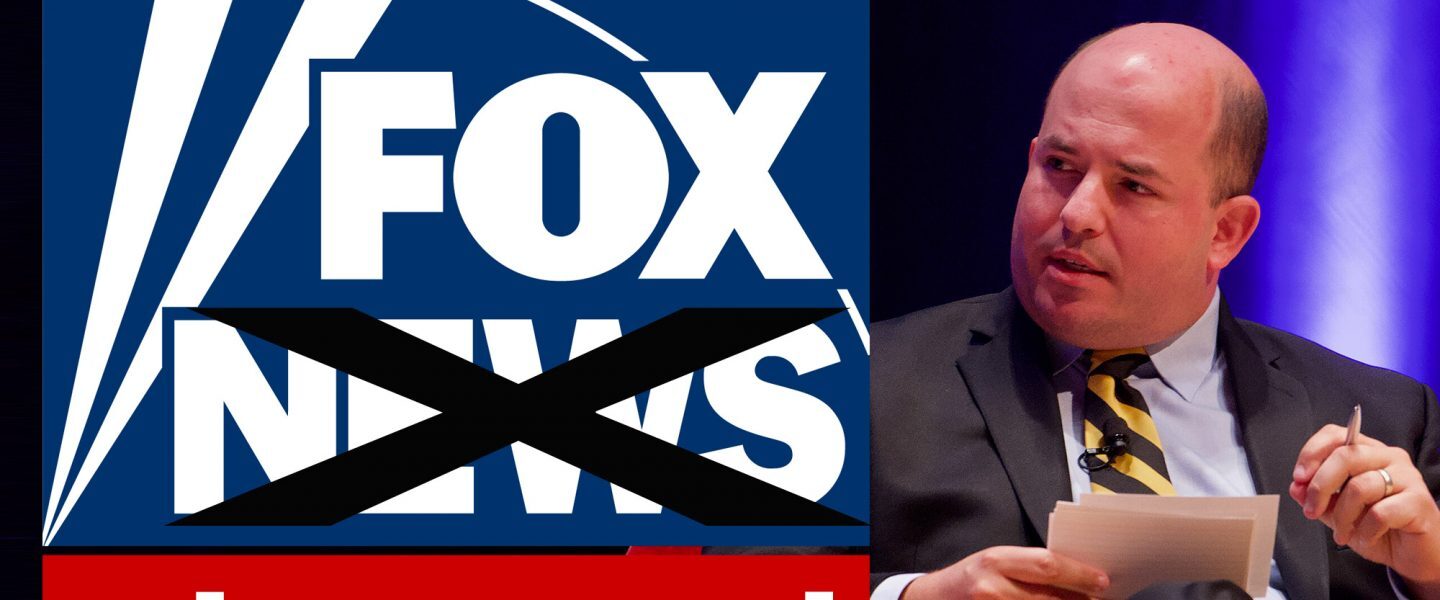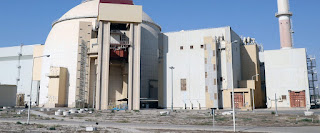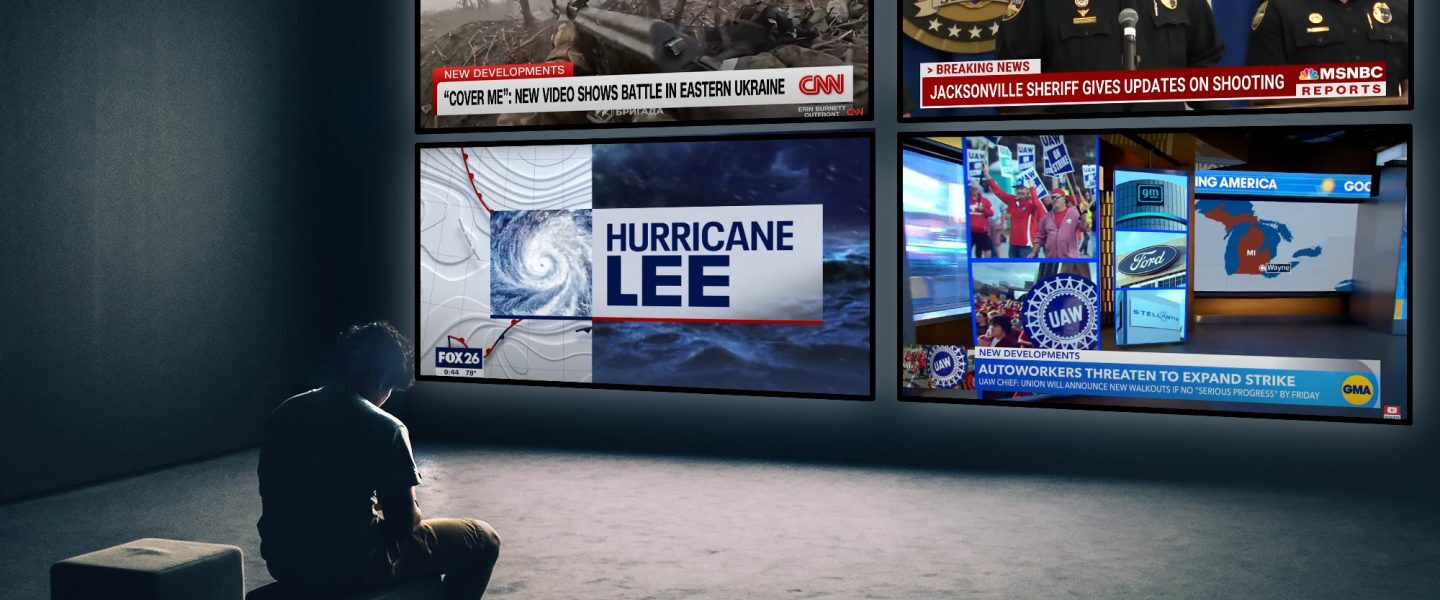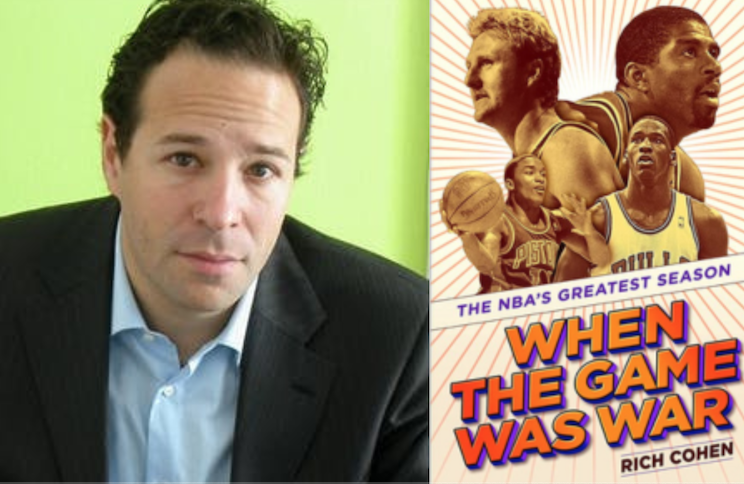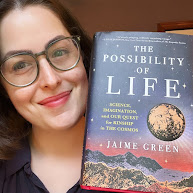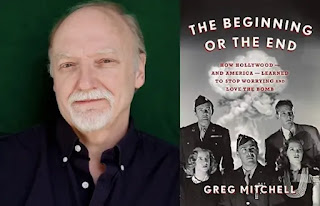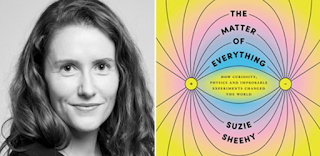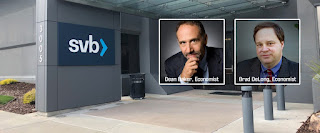It has been a momentous week for banks and markets. What some have dubbed an “extinction-level event” was, at its core, the failure of a couple of banks.
To help us put all of this into proper perspective, we are joined on this week’s WhoWhatWhy podcast by two distinguished economists, J. Bradford DeLong and Dean Baker.
DeLong served as deputy undersecretary of the treasury in the Clinton administration and is currently a professor of economics at the University of California, Berkeley. He is also the author of the substack Grasping Reality and the recently published book Slouching Towards Utopia: An Economic History of the Twentieth Century.
Baker co-founded the Center for Economic and Policy Research. His areas of research include housing and macroeconomics, intellectual property, Social Security, Medicare, and European labor markets. He has been credited as one of the first economists to have identified the 2007–08 United States housing bubble, and, in 2006, Baker predicted that “plunging housing investment will likely push the economy into recession.”
Together, they discuss the venture-capitalist libertarian overreaction to the event, as well as the way it has been massively misrepresented by all of the press, including the mainstream press.
They detail the differences between this event and the 2008–09 banking crisis, the power of contagion and rumor in the digital and social media age, and what actually transpired during the 36 hours the bank was shut down by the FDIC.
We discuss what this means for both small and regional banks, and for the “too big to fail” banks, which are now suddenly in favor.
While the whole story could be forgotten in a matter of weeks, the implications and downstream effects will be with us for quite some time.
My WhoWhatWhy conversation with Dean Baker and Brad DeLong:

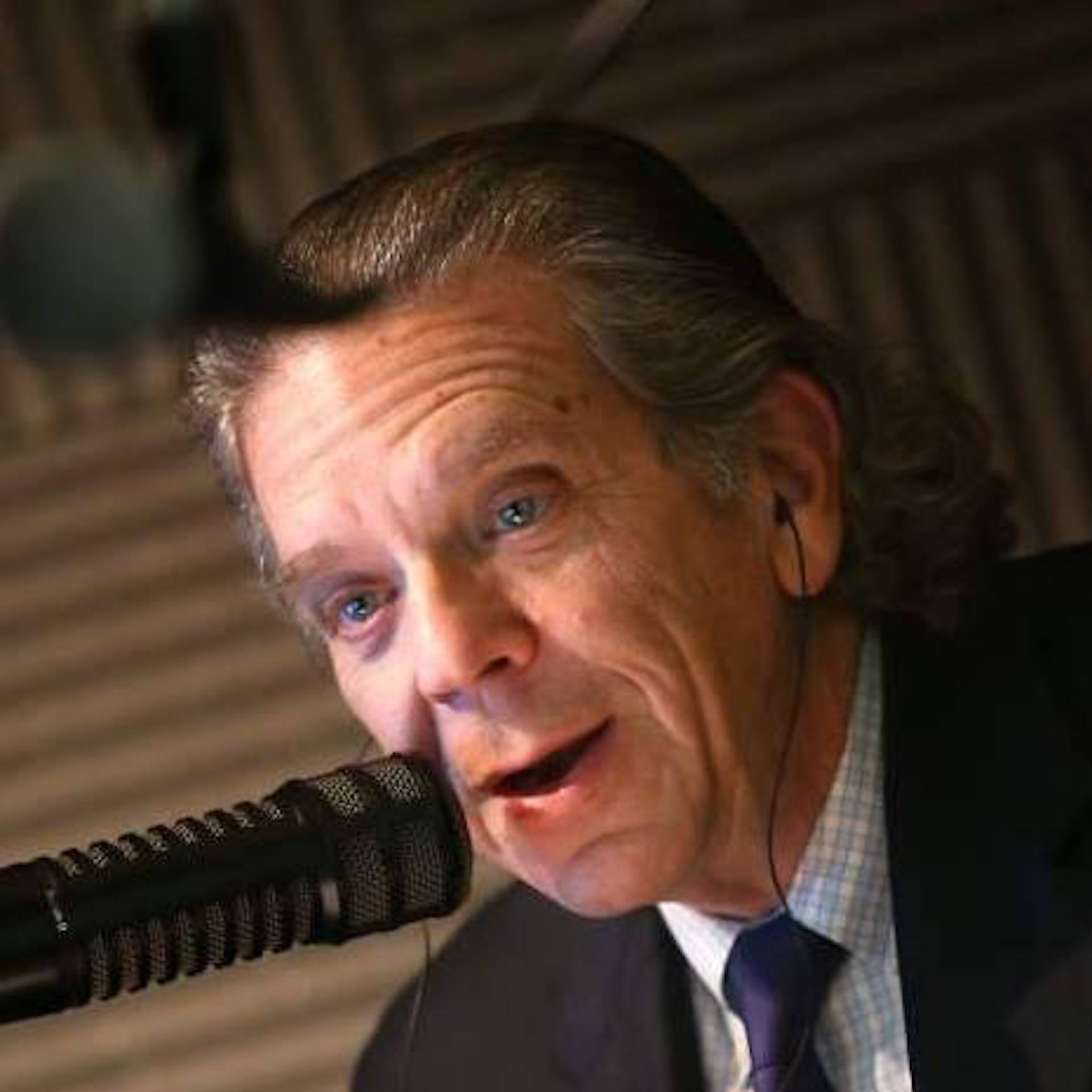
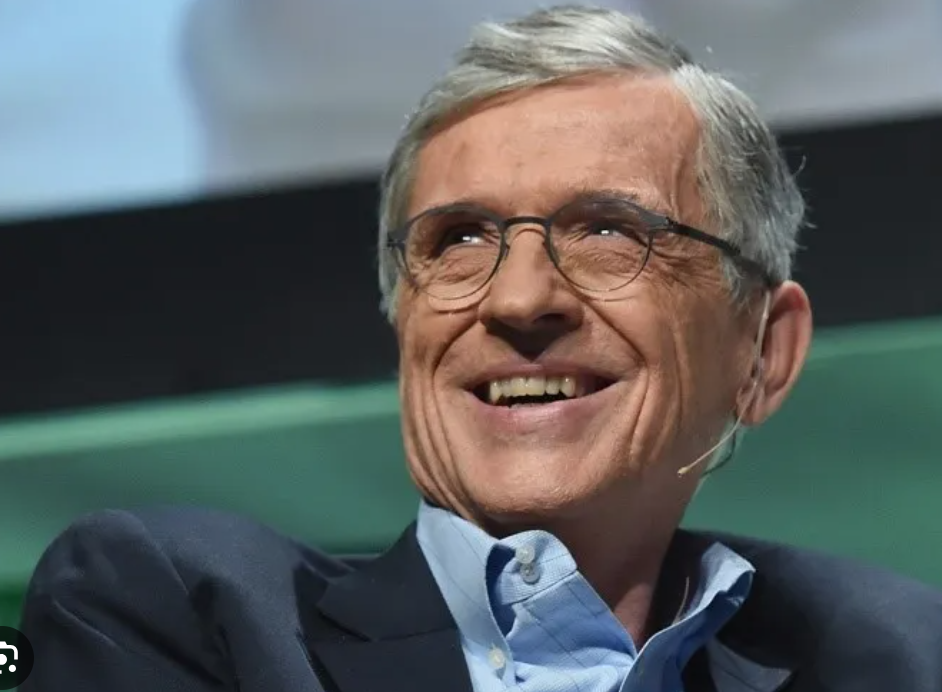 The U.S. economy has shifted from traditional manufacturing giants to tech behemoths such as Amazon and Apple, driving significant economic and social changes. This evolution, while beneficial, also stirs fears about corporate power and change. Today's digital landscape, according to my guest, Tom Wheeler, mirrors the Gilded Age, suggesting a repeat of history's paradoxes of innovation and corporate excess. Wheeler, former FCC chairman and author of "Techlash," draws parallels between these eras, highlighting how digital entrepreneurs, like their industrial predecessors, create groundbreaking products while often engaging in questionable practices. He talks to me about these dynamics and the need for regulatory oversight in the digital age.
The U.S. economy has shifted from traditional manufacturing giants to tech behemoths such as Amazon and Apple, driving significant economic and social changes. This evolution, while beneficial, also stirs fears about corporate power and change. Today's digital landscape, according to my guest, Tom Wheeler, mirrors the Gilded Age, suggesting a repeat of history's paradoxes of innovation and corporate excess. Wheeler, former FCC chairman and author of "Techlash," draws parallels between these eras, highlighting how digital entrepreneurs, like their industrial predecessors, create groundbreaking products while often engaging in questionable practices. He talks to me about these dynamics and the need for regulatory oversight in the digital age. On this week’s WhoWhatWhy podcast we talk with journalist Tina Nguyen, author of The MAGA Diaries: My Surreal Adventures Inside the Right Wing and How I Got Out. A one-time MAGA fellow traveler, Nguyen delves deep into the heart of the movement.
On this week’s WhoWhatWhy podcast we talk with journalist Tina Nguyen, author of The MAGA Diaries: My Surreal Adventures Inside the Right Wing and How I Got Out. A one-time MAGA fellow traveler, Nguyen delves deep into the heart of the movement. 